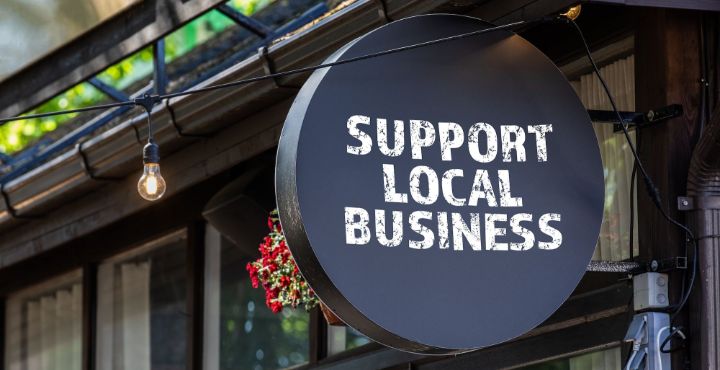
On average, 20% of small businesses in the U.K. fail within the first year. This needs to be addressed because small to medium-sized enterprises (SMEs) account for around 60% of employment and 52% of turnover in the U.K. private sector.
We know the pandemic, the subsequent economic downturn and multiple conflicts are causing supply chain issues and a less agile market. However, most experts will tell you that there are winners and losers in any economy, and a founder’s ability to run their business in the tough times determines their long-term success.

I believe the major problem is that too many small-business owners don’t know how to do business. Running a business is a skill that needs to be learned. It is insufficient to be an expert in your field or product, while not knowing how to run your business.
I believe there are two key elements to this important skill.
- Decision-Making
Making balanced and informed decisions is important. Do your due diligence before making big business decisions.
We know that markets react to their environment. If the market is volatile, you need to consider whether the decisions you are making will work in an economic upturn or downturn. Forecasting is essential. Don’t focus on only one aspect of your environment; consider all the factors that could cause a market shift. You have to work within the market around you and make decisions based on that.
It is also important to keep your nerves steady when making big decisions. For example, you may decide to hire more staff to grow your business. That won’t translate into more profit immediately, as you have to train new staff, which takes time. Ensure you balance the risk. If it is too high, then it may not be wise to go down that route.
Finally, don’t make decisions based on panic. If you are stressed or pressured, you will make poor choices and the risks to your business will increase dramatically.







